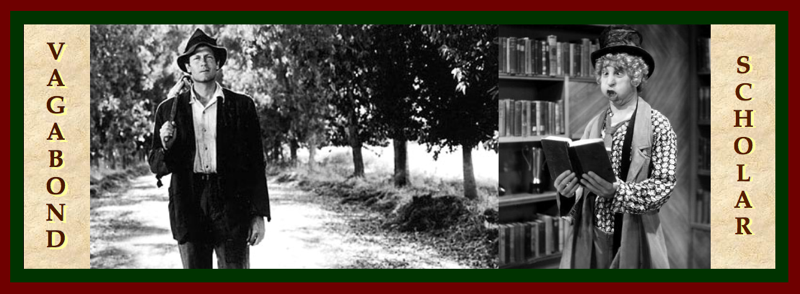
NPR had a great feature on Friday (emphasis mine):
We revive an All Things Considered tradition from 1994: Robert Siegel talks to three political professionals to design the ideal Congressional candidate for 2006. We even make a campaign commercial for the ideal candidate.
Here’s the segment.
Meanwhile, Washington Post film critic Stephen Hunter urges readers to take out their election frustrations with political scoundrels “on the fictional. Let's cream the five most annoying politicians in movie history.”
Due to peculiarities of the Post web set-up (I suspect for the sake of photos), the piece appears over six separate web pages.
Here’s Stephen Hunter’s brief introduction to his piece “Negative Campaigning: Cinema's Most Loathsome Politicians.” Here are his candidates, with excerpts from his comments (click on the character names for the full versions):
JOHNNY ISELIN, The Manchurian Candidate (1962)
Known for: Demagoguery, venality, stupidity, treason.
[...]
Iselin is a stand-in for Joe McCarthy, but Gregory, a skillful character actor, took it a step further; he didn't simply and lazily count on McCarthy's reputation to build his character. What I loved about his skankiness was a certain fleshy, blurry, alcoholic rolling of his head, as if his neck had been dissolved in the spirits loading his system, and had turned to suet.
JOSEPH HARRISON PAINE, Mr. Smith Goes to Washington (1939)
Known for: Weary acceptance of corruption.
[...]
[Claude] Rains has a delicacy, a weight of grief, an almost eerie perfection of gesture and voice that so vividly (and tragically) evokes Sen. Paine. He is not so much the man you love to hate as the man you hate to hate. In Stewart's idealistically hot and burning eyes, you can see the man Paine once was. Now he is what he is and it's not pretty, and being self-aware and ironic, he knows exactly what that is. Rains conveys this so subtly, yet so profoundly, it's almost a miracle, and it's really the key performance in the film, the performance that establishes the moral tone of the picture.
TRACY FLICK, Election (1999)
Known for: Utter certitude, complete lack of self-awareness and mindless ambition.
How wondrously monstrous is the fabulous Reese Witherspoon in Alexander Payne's "Election." She's one of those perfect American girls who gets up at dawn, bakes cupcakes, carries a 4.0, is president of the French Club and captain of the cheerleaders. You hated her in high school, unless she smiled at you, in which case you loved, adored, worshiped, were enraptured by, were enslaved by, would do anything for her -- until the next day, when she ignored you again, and that rapture turned to bitter, rancid hatred that lasted a lifetime. Unless she smiled the next day. However -- she never did.
FRED VAN ACKERMAN, Advise & Consent (1962)
Known for: Unction, moral preening, ruthlessness.
Now, from the other side of the aisle, George Grizzard as everybody's favorite peacenik-we-love-to-hate. Otto Preminger directed this 1962 classic of the old Washington, where civility reigned and compromise was the name of the game -- but he also projects its demise. The scandal that he unfolds presciently looked into a future composed of the politics of personal destruction.
CHARLES FOSTER KANE, Citizen Kane (1941)
Known for: Sense of entitlement.
It's really Kane himself who represents something rotten in politics, something that has too long dogged our shores and tainted our institutions. That is the sense of entitlement and moral superiority that the rich have, the sense that they are vouchsafed entry into the higher levels of the ruling profession based on nothing more than a shrewd selection of extremely wealthy people as parents.
Why do such people assume a natural right to rule?
Why indeed?

No comments:
Post a Comment